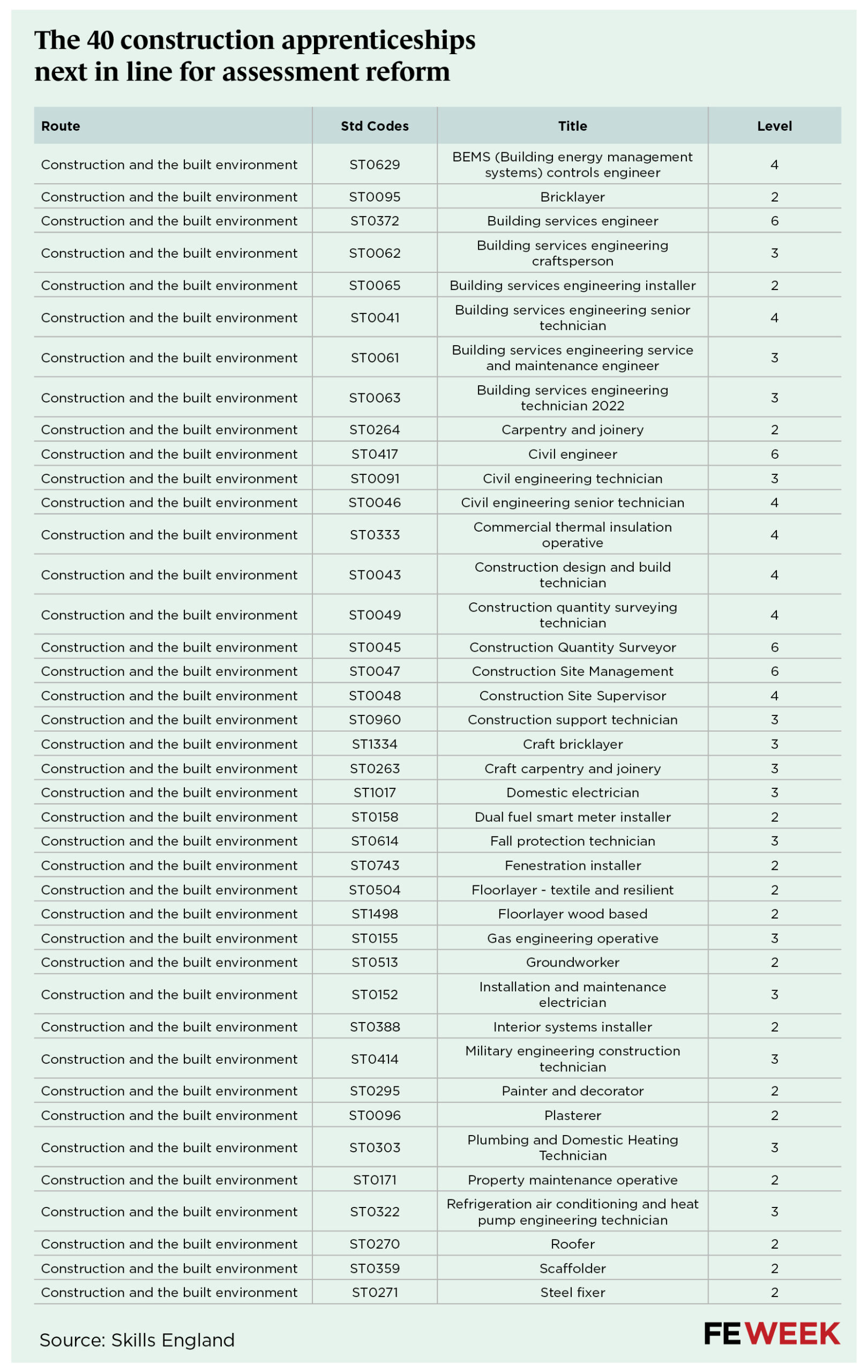Ministers have agreed terms with the EU to rejoin the Erasmus+ study abroad scheme from 2027.
The UK will contribute around £570 million to the EU-funded Erasmus+ programme from the 2027-28 academic year – a 30 per cent discount compared to the EU-UK’s standard trade agreement, according to the Cabinet Office.
Future participation will have to be negotiated as part of the EU’s long-term budget and be “based on a fair and balanced contribution”.
The new deal is likely to mark the end of the UK’s own £100 million-a-year Turing scheme, which was created after Brexit as a replacement student exchange programme for Erasmus and placed more emphasis on sending learners from disadvantaged backgrounds abroad.
Details on the Turing Scheme beyond this academic year will be “shared in due course”, the Cabinet Office told FE Week.
Ministers began negotiating to rejoin Erasmus+ earlier this and estimate that the scheme could see over 100,000 UK FE learners and apprentices, university students and young people travel across Europe for study and work placements in its first year.
EU Relations Minister Nick Thomas-Symonds said: “This is about more than just travel: it’s about future skills, academic success, and giving the next generation access to the best possible opportunities.
“Today’s agreements prove that our new partnership with the EU is working. We have focused on the public’s priorities and secured a deal that puts opportunity first.”
‘Opening doors’
The government will appoint a UK national agency to administer the Erasmus+ programme and will issue guidance ahead of the 2027 funding call.
It will also work with education providers to maximise take up, particularly among disadvantaged groups.
Skills minister Jacqui Smith said: “Erasmus+ will open doors for thousands of students and staff right across the country in universities, schools, colleges and adult education.
“This is about breaking down barriers to opportunity, giving learners the chance to build skills, confidence and international experience that employers value.”
David Hughes, chief executive of the Association of Colleges, said: “It’s brilliant news that the UK is rejoining Erasmus+. For both staff and students of all ages, the opportunity to travel and spend meaningful time abroad is so important.
“For students, it widens their perspective on the world, opening their eyes to different cultures and different ways of life, and for staff, the opportunity to learn from other countries on how they deliver technical education and skills is invaluable.”
More funding more trips
The government has spent around £100 million per year on the Turing scheme since it launched the global placement programme in 2021. But funding was cut fby nearly one third for the 2025-26 academic year to £73.6 million.
The UK did not make individual contributions to the Erasmus+ scheme when it was part of the EU. Instead, it paid into the overall EU budget, which was used to fund the study abroad programme.
Indicative estimates made post-Brexit claimed the UK paid more into funding Erasmus+ than it was receiving.
It contributed an approximate £200 million a year into Erasmus+, increasing each year from 2015 to £296 million by 2019. The UK received £123.76 million in Erasmus+ funding in 2019.
Participant statistics show the Erasmus+ student exchange programme benefitted more students coming to stay in the UK – just 18,305 of 54,619 participants were UK citizens going overseas.
In contrast, Turing’s £105.4 million pot for 2024-25 funded 44,797 UK-based students abroad, including £29.6 million for English FE colleges.



